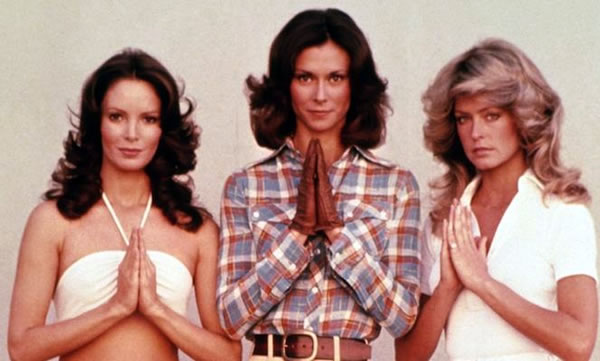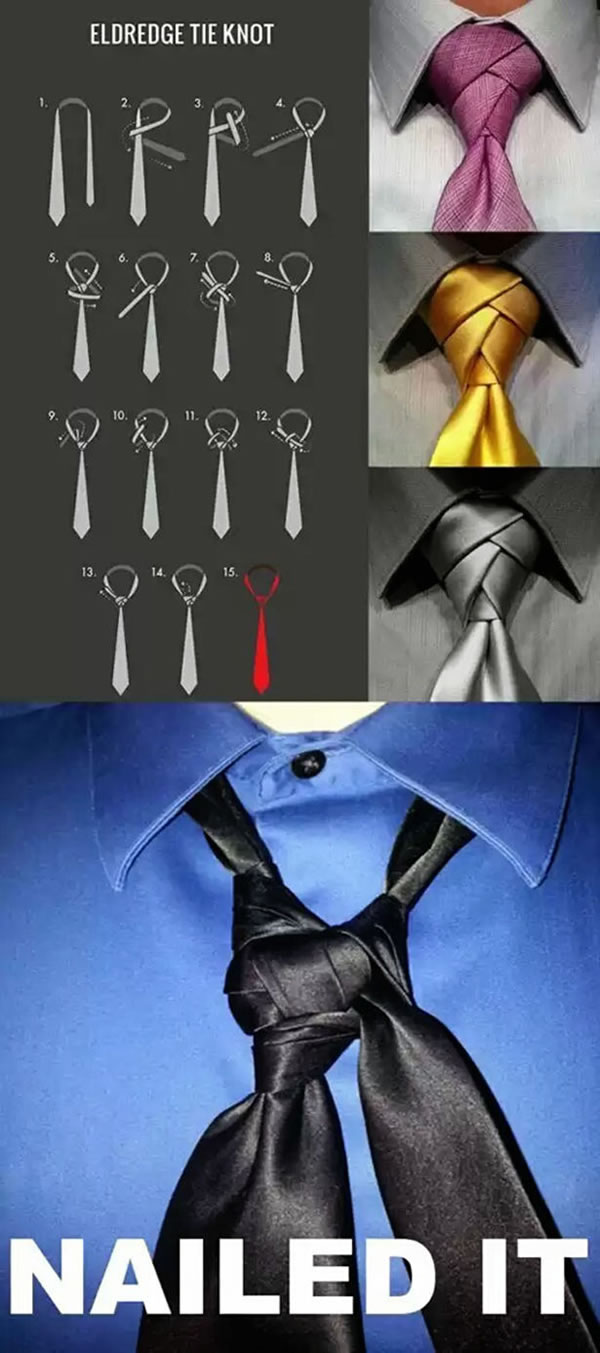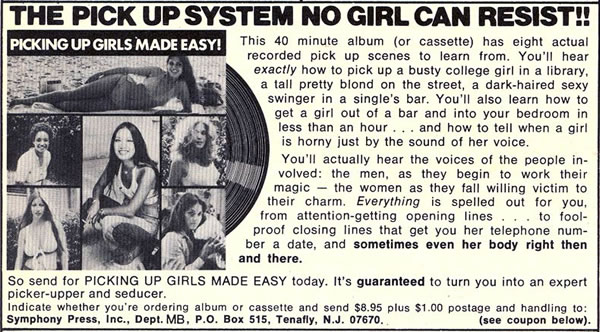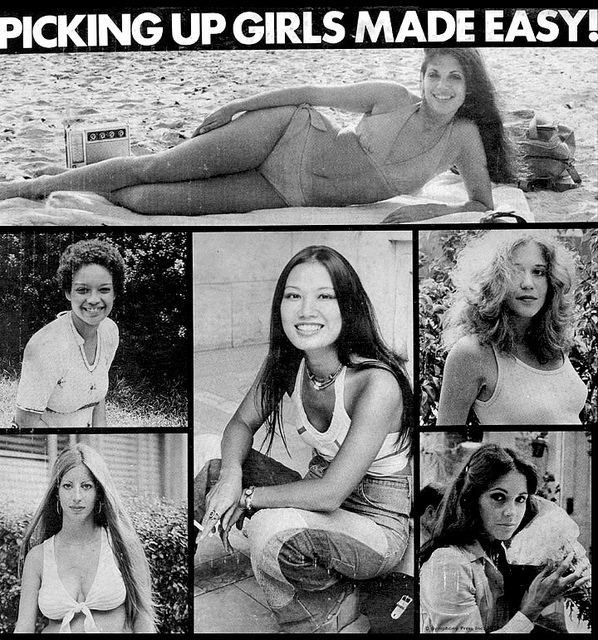Fictitious Ayn Rand on Pop Culture

In the current edition of the New Yorker, John “I’m a PC” Hodgman takes her 1980 interview on the coddler-of-the-weak Phil Donahue’s show (it actually happened — see below for more!) and imagines a slightly different universe in which that appearance gave her a pop-culture boost, leading to her becoming one of the celebrity panelists on Match Game and a special guest on Fantasy Island as the Spirit of Capitalism. In this alternate reality, Ms. Rand was also given a column in Parade magazine, from which Hodgman “transcribed” some excerpts in a Shouts and Murmurs column titled Ask Ayn.
My favourite bit:
My moral philosophy is founded on the idea that there is an objective reality, and that man’s senses can perceive this objective reality. This faculty, which is man’s reason, is paramount above all else. He takes for evidence only his own experience, his own judgment, and that is why I do not hesitate to say, objectively, definitively, that “Caddyshack” is the year’s best movie.
Rodney Dangerfield plays a self-made man who is not ashamed of his ambition, who does not apologize for his success, and who gets excitement from the joyful reality that we are all going to get laid if we are willing to be productively selfish and to stop coddling the weak. In other movie news, I did not like how easily the boy escaped Jack Nicholson in “The Shining.” I have solved all the hedge mazes in the United States and Europe, and I can tell you they are not that complicated.
I loved Caddyshack too! Go and read the rest of the article; it’s quite amusing.
Real Ayn Rand on Pop Culture

Ayn Rand may not have really been a fan of Caddyshack, but she was a big fan of Charlie’s Angels. In April 1980, Jerry Schwartz of the Atlanta Journal-Constitution interviewed her, and she went on about a number of topics. Among them were her being unimpressed with Jimmy Carter (not a surprise) and Ronald Reagan (cue the sound of a lot of Republican heads exploding over this fact), the differences between Europeans and Americans, and her appreciation of the TV shows Kojak and of course, Charlie’s Angels. The recording is available online, but don’t think you’re getting it for free, you nanny-statist parasite! It’ll cost you 99 cents at the Ayn Rand Institute eStore.
You can hear her talk about her love for Charlie’s Angels in her interview with Phil Donahue, which took place not long after the Jerry Schwartz interview. He asks her about the show starting at the 5:55 mark.
Why does she love the show? In her own words:
It’s the only romantic television show today. It’s not realistic. It’s not about the gutter, it’s not about the half-wit retarded children, and all the other kind of shows today. It’s about three attractive girls doing impossible things. And because they’re impossible, that what makes it interesting. It shows three young girls who are…better than so-called “real life”.
That is both an apt summary of Charlie’s Angels and my definition of very good porn.

Damn right I had this poster in the late 1970s!
Farrah Fawcett and Ayn Rand shared a birthday: February 2nd. They also shared a correspondence, in which Rand expressed great admiration for Fawcett as well as a wish to cast her as Dagny Taggart in a movie version of Atlas Shrugged. In Farrah’s Brainy Side, an article published in 2009 in the Daily Beast, Amy Wallace presents some excerpts from an email conversation with Fawcett (which is surprisingly coherent, but perhaps that’s the funny/sad appearance on Letterman — here’s part 1, here’s part 2 — that’s colouring my opinion).
I’ll close with a quote from Farrah from the email exchange:
I don’t remember if Ayn’s letter specifically mentioned Charlie’s Angels, but I do remember it saying that she was a fan of my work. A few months later, when we finally spoke on the phone (actually she did most of the speaking and I did most of the listening), she said she never missed an episode of the show. I remember being surprised and flattered by that. I mean, here was this literary genius praising Angels. After all, the show was never popular with critics who dismissed it as “Jiggle TV.”
But Ayn saw something that the critics didn’t, something that I didn’t see either (at least not until many years later): She described the show as a “triumph of concept and casting”.


















